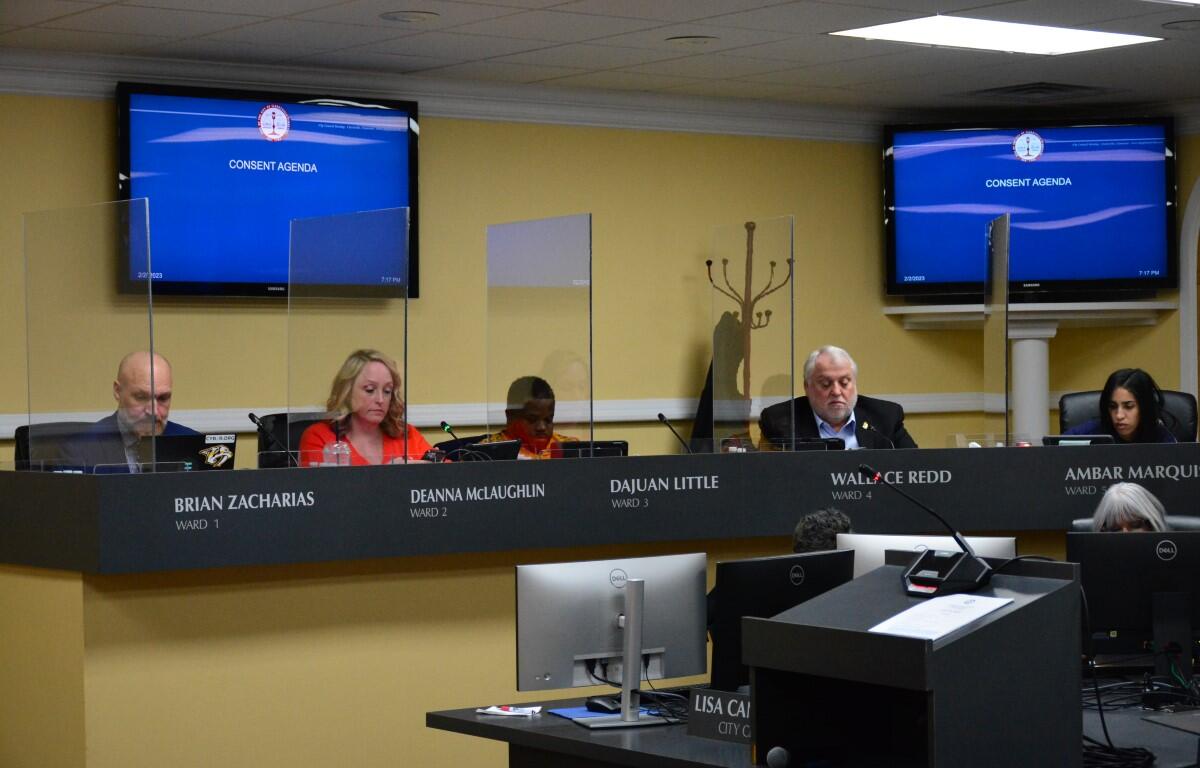Clarksville Now publishes opinion pieces representing both sides of a variety of topics. Opinions presented do not necessarily reflect those of the newsroom or management. To join the conversation, email your opinion piece to news@clarksvillenow.com.
Commentary by Chris Smith, editor-in-chief of Clarksville Now:
Across our country, we have communities that are seeing a rise in local corruption, lower voter turnout and higher local taxes. What do those communities have in common? A lack of coverage of local news, thanks in large part to the demise of small, print newspapers.
The only protection that some of those communities have left is mandated government transparency, in the form of open meeting laws.
In Tennessee, we have the Public Meetings Act, or “Sunshine Law,” which states, “All meetings of any governing body are declared to be public meetings open to the public at all times, except as provided by the Constitution of Tennessee.”
That protects you from your local government holding secret meetings.
So, it came as an eyebrow-raising shock last week when the Clarksville City Council voted to ask the state to let local governments out from under the Sunshine Law.
During the council’s Sept. 7 meeting on the city’s Legislative Agenda (its wish list for the local delegation to the General Assembly) Councilmember Wallace Redd proposed this as an amendment: “To allow the local governments to fall under the same Sunshine Laws and rules that they follow.”
Oddly, the Tennessee General Assembly doesn’t have to follow the Sunshine Law; courts have ruled that it doesn’t apply to them. While its meetings are generally public, legislators commonly have private meetings that the media and public are barred from attending. Who knows what they discuss, what promises are made, or what deals are arranged – and to whose benefit?
That’s wrong, and it ought to be fixed. But instead, Redd proposed that we make the problem much, much worse by allowing such secret meeting to take place also at the local level, in cities and counties across Tennessee.
Councilmember Brian Zacharias raised this very point, asking why the amendment wasn’t worded in the reverse: to ask the General Assembly to adhere to the Sunshine Law that municipalities follow. Redd said either way was fine with him – but he never changed the amendment.
Incredibly, your council passed it 8-4.
Voting to support ending the Sunshine Law were Redd, Zacharias, Deanna McLaughlin, Dajuan Little, Ambar Marquis, Wanda Allen, Karen Reynolds and Joe Shakeenab.
Voting against the amendment were Wanda Smith, Travis Holleman, Stacey Streetman and Keri Lovato. Mayor Joe Pitts didn’t cast a vote.
So that’s your Clarksville City Council, saying they wish they could hold private meetings that you cannot attend.
That’s your Clarksville City Council, saying they want to discuss things without you knowing what they discussed.
That’s your Clarksville City Council, pushing the Tennessee General Assembly to weaken the Sunshine Law that open-government advocates have worked so hard to protect.
Do you want developers to be able to meet in secret with the council before they vote on a rezoning?
Do you want the County Commission to be able to privately make backroom deals before the next tax increase vote?
Do you want your School Board to be able to have an unannounced board-only Zoom call before the next vote on vaccine requirements?
City Council members have since tried to backtrack, saying they just want the rules to be consistent. But that is quite specifically not what the resolution states. It states: “Requesting the State Legislature allow local governments to fall under the same Sunshine Laws that they follow.” And the state doesn’t follow them at all.
Transparency in government matters, and it must be required by law. You – the public – need to be in that room. When someone tells you they don’t want you there, you can be sure there’s a reason. And it’s not likely a good one.
Chris Smith


